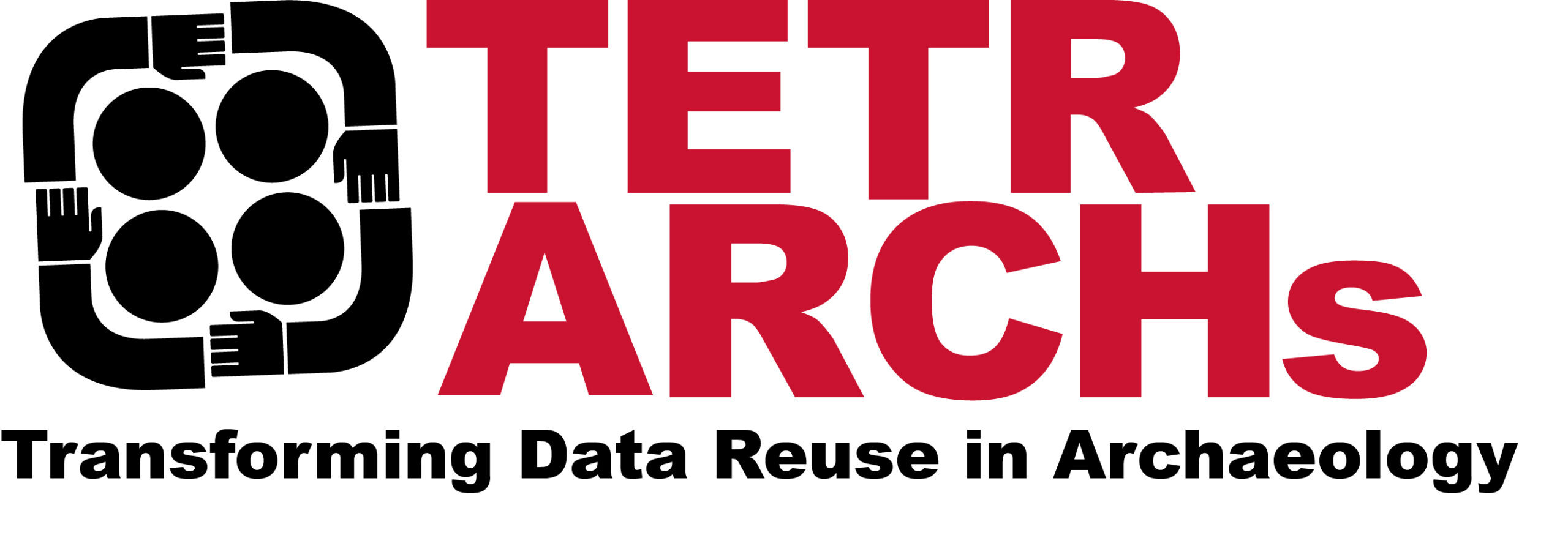Prof. Rimvydas Laužikas (Vilnius University, Lithuania) and his team, as part of the TETRARCHs project work, are running an exploratory online workshop to identify case studies of high-quality reuse of archaeological research data.
Friday, Sept. 29, at 12.00-14.30 (EEST) / 10.00-12.30 (BST time)
Over the last decade, innovation has centred on making archaeological data more interoperable, increasing the discoverability of data through integrated cross-search and facilitating knowledge creation by combining data in new ways. An emerging research challenge for the next decade is optimising archaeological data for reuse and defining what constitutes good practice around reuse. Critical to this research is understanding the current state-of-the-art regarding both existing best practices and barriers to using and reusing archaeological data. This exploratory workshop aims to present the first investigation results on reusing archaeological data and discuss methodological issues to understand how archaeological archives can better respond to user needs.
Programme (EEST time)
12.00-12.20 Introduction to the Quality in Use Methodology [Rimvydas Laužikas, Vilnius University]
12.20-12.30 QA on methodology
12.30-12.45 Presentation of use cases for professional archaeologists [Kristy-Lee Seaton, University of York]
12.45-13.00 QA on use cases for professional archaeologists.
13.00-13.15 Presentation of use cases for non-professionals, part 1 [Rimvydas Laužikas, Vilnius University]
13.15-13,30 Presentation of use cases for non-professionals, part 2 [Indrė Jovaišaitė-Blaževičienė, Vilnius University]
13.30-13.45 Presentation of use cases for non-professionals, part 3 [Igrida Kelpšienė, Vilnius University]
13.45-14.00 QA on use cases for non-professionals.
14.00-14-30 General discussion on use cases.

